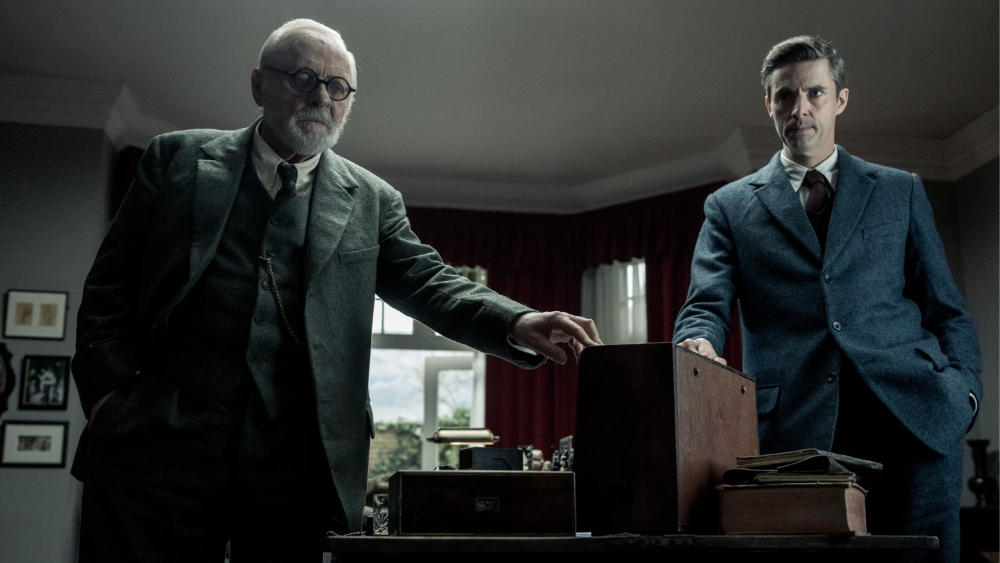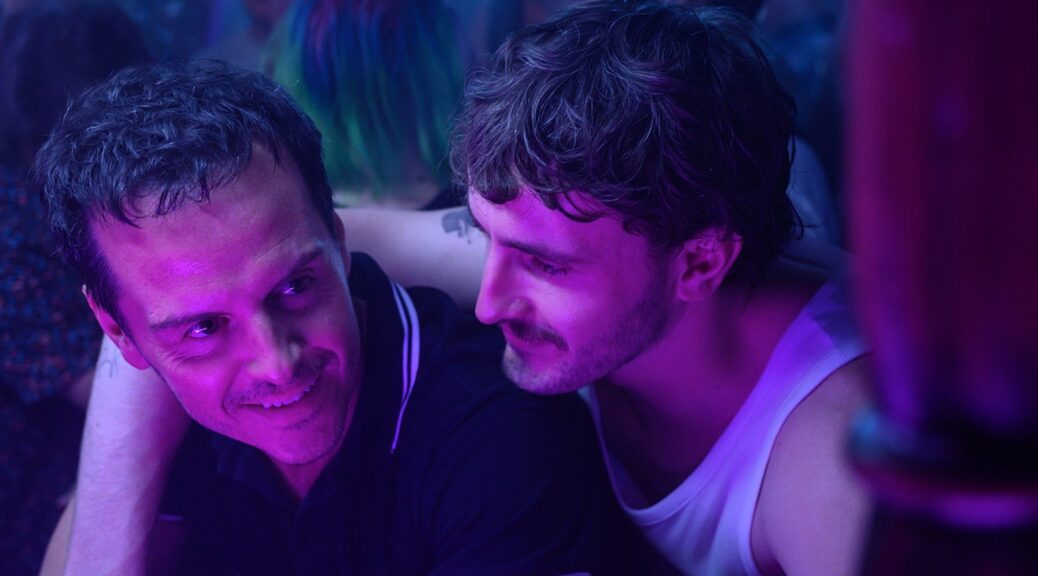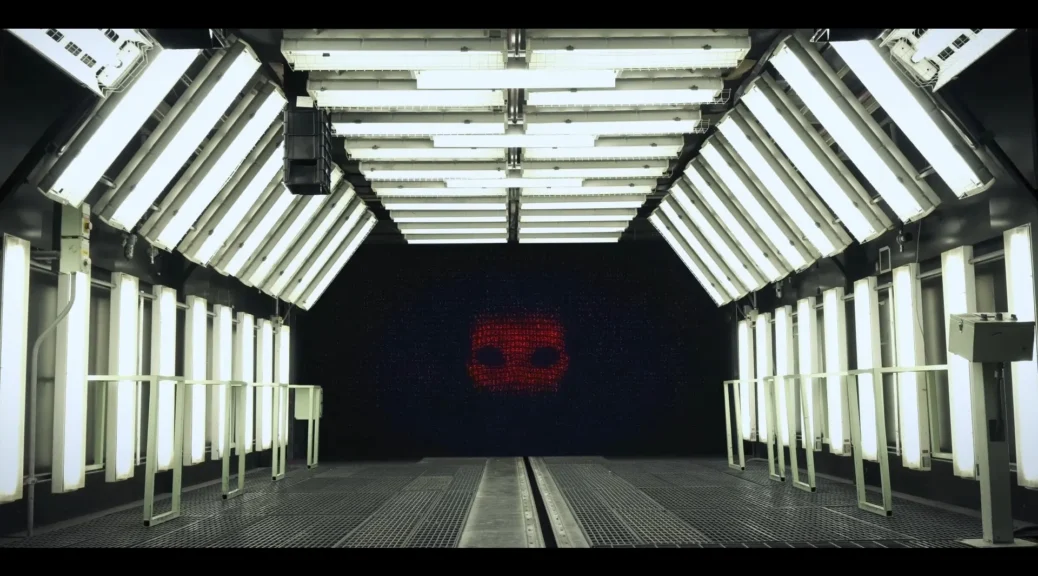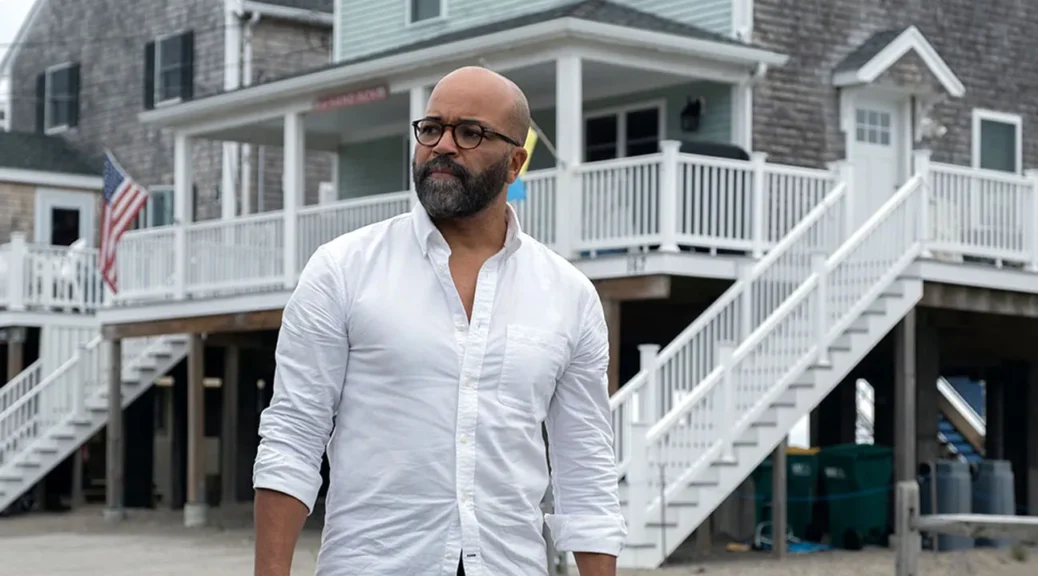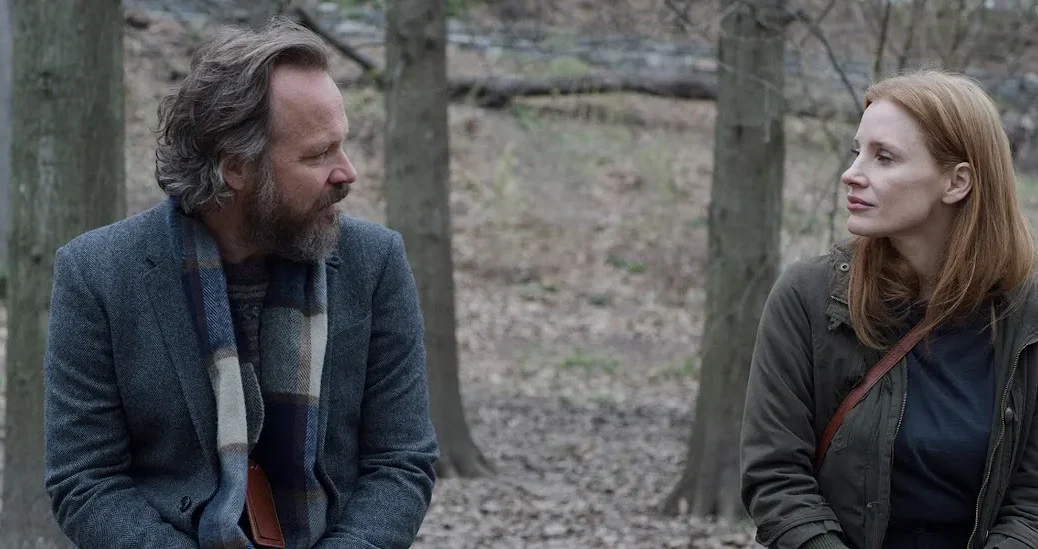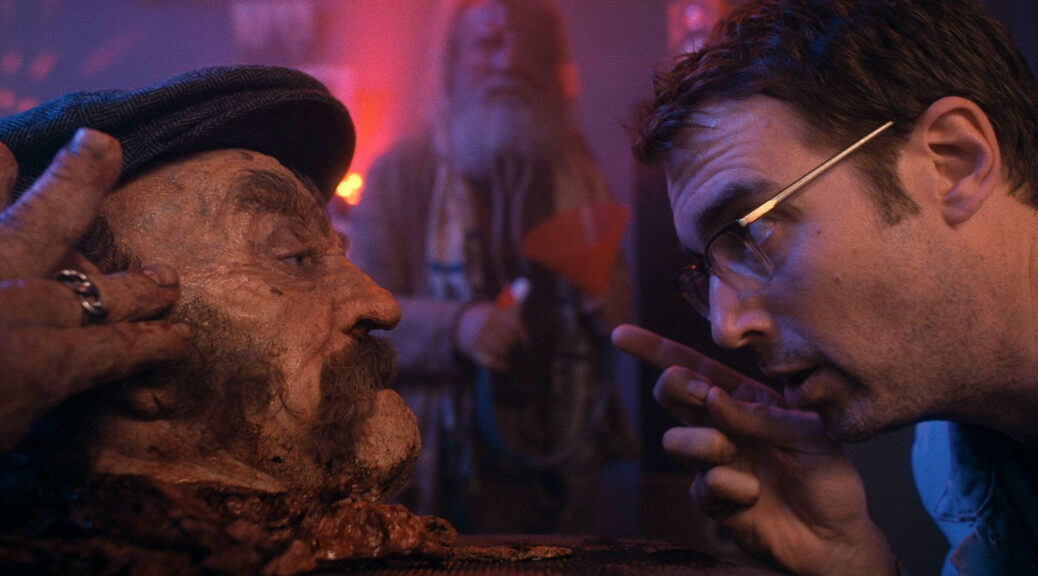I.S.S.
by Hope Madden
When you watch a Gabriela Cowperthwaite movie, you never fully forget her background in documentary. And while none of her narrative films possess the same vitality of her 2013 doc Blackfish, each film’s lived-in detail gives it authenticity that serves a purpose.
Her latest seals you up inside the International Space Station with three Russian cosmonauts and three American astronauts as the world below devolves into a nuclear battle between the two nations.
I.S.S. introduces new science officer Dr. Kira Foster (Ariana DeBose) to a close-knit group who’s shared cramped quarters for years. First Officer of the American unit Gordon (Chris Messina) is levelheaded and caring. Weronika (Masha Mashkova) and Gordon move quickly to help Kira feel at home.
Until word comes from below. Each side has been ordered to “take I.S.S. under any circumstances.” In cramped confines and awkward conditions, a handful of people hide and seek and figure out who can and can’t be trusted.
Tight space, small group, big stakes – it seems like an excellent premise, but Cowperthwaite, from a script by Nick Shafir, doesn’t have a lot of spare parts to work with.
She makes up for much of what’s missing with camera work. She and cinematographer Nick Remy Matthews (Hotel Mumbai) employ simple but effective tricks to ramp up tension.
Matthews’s camera floats in and around the zero-gravity quarters while security footage – stable and in b/w – makes you feel as if you’re sneaking a peek at something that you’re not supposed to see. The two styles collaborate to generate dread and a sense of helplessness.
Footage of the brief adventure outside the craft is generally quite impressive – it’s no Cuarón, but it does look good.
Messina and Pilou Asbæk (as conflicted cosmonaut Alexey) deliver the most complete performances, full of regret and humanity.
DeBose is hamstrung between heroism and naivete. Her dialog is often less logical than it is convenient. Jim Gallagher Jr. telegraphs his position in the shifting drama from his first moment onscreen.
Worse still, somehow the whole film feels anticlimactic. The danger never feels real, and the pointlessness of success is never even addressed. It’s a misfire from a reliable filmmaker and a middling effort in the “terror in space” subgenre.


